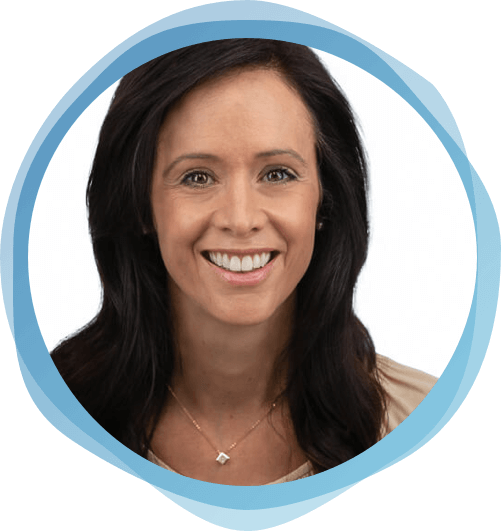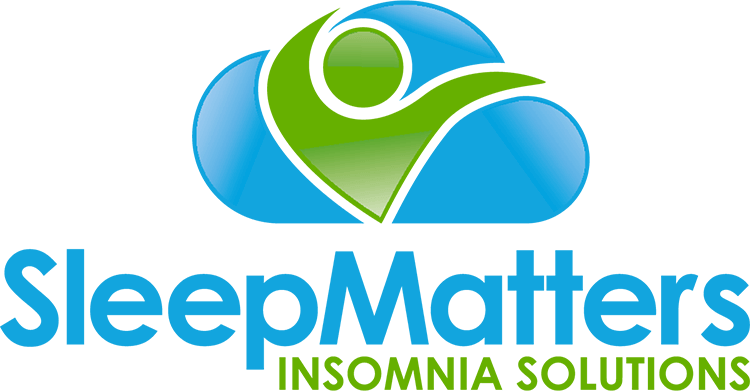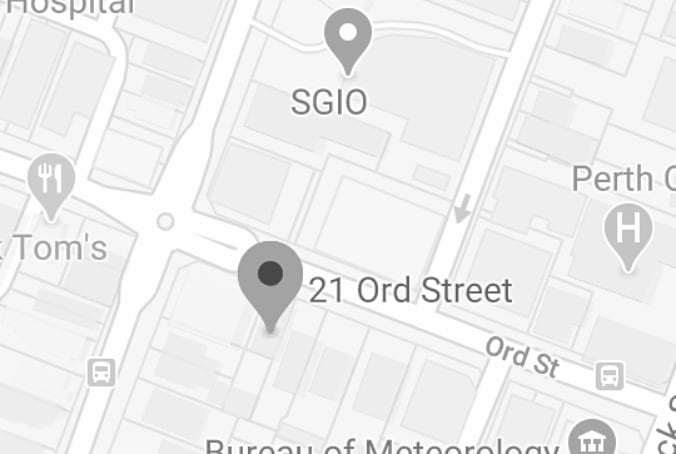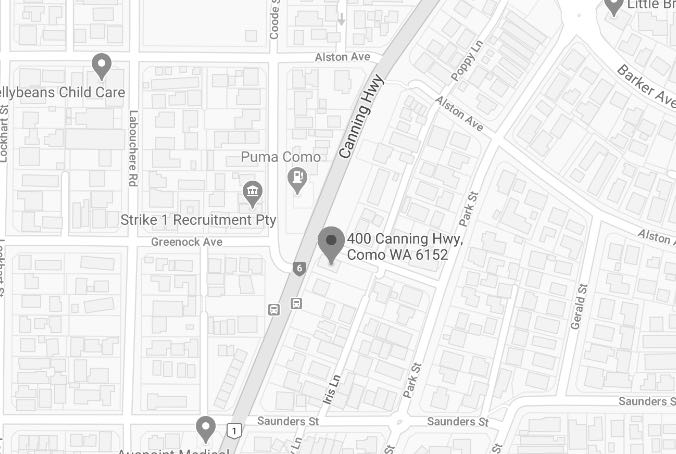INformation for Professionals & Parents
Maybe you are a GP, physician, clinical, organisational, or school psychologist, wanting to refer your patient or student for evidence-based treatments for sleep disorders?
Or maybe you are a parent of a poor sleeper and have tried numerous sleep remedies, and seen a number of professionals before you were referred to us for treatment.
The referral process for insomnia treatment can be a costly and frustrating experience as there is a lack of clarity about who specialises in treating this disorder. We hope that this page offers some answers.

I have a patient / student / child with poor sleep: Which sleep specialist should I refer them to? Sleep physician or psychologist?
In a nutshell
A psychologist who has training and experience in sleep psychology will treat insomnia with the recommended first-line treatment: Cognitive Behavioural Therapy for insomnia (CBT-Insomnia).
-
- Other evidence-based treatments such as mindfulness, acceptance, bright light therapy, or guided sleep meditation may also be used.
- To address other presentations of troubled sleep, sleep psychology can also treat circadian rhythm disorders, shift work related sleep problems, chronic nightmares, difficulty adjusting to CPAP, fatigue, stress, anxiety and depression.
A sleep physician, on the other hand, will treat most sleep disorders, most notably obstructive sleep apnea. They will commonly prescribe medication for sleep management, including for insomnia and circadian rhythm disorders.
An overnight sleep study (PSG) is not required or recommended for the assessment and diagnosis of insomnia. A clinical interview, validated questionnaires, and a sleep diary/log are used to diagnose and plan treatment for insomnia.
GPs, sleep physicians and psychologists often work together when patients require combined therapy. This may include medical, mechanical (ie CPAP), and psychological/behavioural interventions.
Sleep Psychology practitioner
A clinical psychologist who specialises in behavioural sleep medicine has specialised training in sleep. This covers the behavioural, psychological and physiological factors that underlie normal and disordered sleep.
Clinical psychologists have undertaken highly specialised university training in the assessment, diagnosis, formulation, and psychological treatment of behavioural and emotional disorders. Additionally, the Sleep Matters team in Perth has had specific training for, and experience in sleep and its disorders.
The American Psychological Association has a description of sleep psychology is here: https://www.apa.org/ed/graduate/specialize/sleep
These approaches are designed to treat the cause of the sleep disturbance, rather than provide temporary symptom management.
CBT-I usually will be the main treatment modality employed. This is recommended by peak professional bodies as the first-line treatment for Insomnia. Other evidence-based therapies such as mindfulness, motivational interviewing and bright light therapy may also be employed where necessary.
Sleep Physician
A sleep physician is a medical doctor with advanced training in the assessment, diagnosis, and treatment of sleep disorders. Sleep-related breathing disorders such as sleep apnea are one of their main specialities.
Often sleep physicians have specialty training in breathing disorders (and you will see respiratory and sleep physician in their title).
Additionally, a sleep physician will see patients with disorders such as narcolepsy, periodic limb movement disorder and restless legs. They also see patients with insomnia and circadian rhythm disorders, and may prescribe medication to manage these.
A sleep physician will not typically treat insomnia with CBT. They will often refer the patient to a health professional with specific training and experience in CBT-Insomnia for this treatment.
Is my patient, student, or child suitable for a referral to Sleep Matters in Perth? Some information for referrers.
Suitability for CBT-I.
Difficulty falling asleep (in children, this may be difficulty sleeping alone)
Difficulty returning to sleep after nocturnal awakenings
Waking earlier/later than desired in the morning
Daytime tiredness and reduced functioning (eg poor concentration and/or memory, disengagement from daily activities and obligations)
Worry about lack of sleep
Low mood / stress / irritability / anxiety associated with sleep difficulties
You feel that your patient/student should reduce their reliance on sleeping tablets
Your patient expresses a preference to not use sleeping pills
You would like to offer a long-term solution for insomnia and related sleep problems
Your patient/student/child requires support in managing mood, stress and/or anxiety
Your patient/student/child has some motivation to work towards improving their sleep
Cost and rebates
For straightforward insomnia cases, between four and six consultations of 50 minutes each is common. The gap is $92.90-$136.35 per consultation (from July 1, 2023).
CBT-I can work well when combined with sleep medication. A short course of sleeping tablets can provide immediate relief. Then the CBT-I brings about lasting benefit which allows for the medication to be gradually withdrawn. At Sleep Matters, we often work with GPs or sleep physicians to implement CBT-I in this context.
Insomnia and sleep problems are valid referrals under the Medicare Better Access to Mental Healthcare scheme (mental health plans). Conditions covered by Mental Health Treatment Plans is informed by diagnoses in the ICD-10 Diagnostic and Management for Mental and Disorders in Primary Care (eg., Insomnia: F51.01-F51.05). Insomnia that occurs as part of another condition is eligible as well as Insomnia that occurs in isolation. The relevant section is: ICD10 code F51.0 Sleeping Problems. Please see here for RACGP clarification on the validity of Insomnia Disorder as a referral under the Better Access initiative: https://www1.racgp.org.au/newsgp/clinical/does-insomnia-fall-under-mental-health-treatment-p


